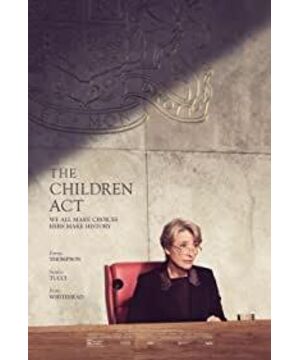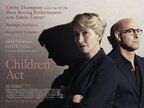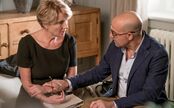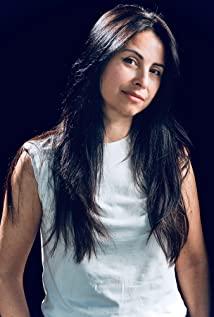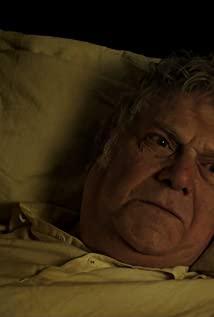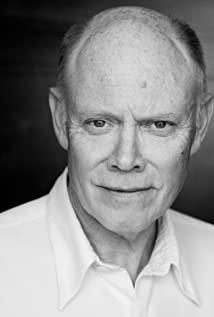Watching the movie is very smooth, several lines are scattered, the collision of law and religion, rationality and irrationality, the emotional life of mid-life crisis, and of course the taboo love of young and old (at least the audience reaction is definitely in love), each line Clue placement and proportion are also appropriate and balanced. But these basic operations actually didn't impress me. What I like is the character of a boy, a person who has lost faith.
The boy had leukemia, but what was more serious than that could be a disease called nothingness. In his religion, blood is supreme, the gift of God, and the only one. The treatment of leukemia must rely on exchange blood, thereby purifying bad blood. But the boy did not feel it was purification, he felt it was an insult, a betrayal of his beliefs. Just like a wooden boat is broken and needs to be replaced with new boards, when the whole boat rests from beginning to end, is the boat still itself?
The boy's will is decisive and fearless. He met the judge when the crowd had sung silent lamentations for him. The judge understands music theory, loves Bach, and loves Yeats. Just like a piece of white paper meets Van Gogh, a torch is lit to illuminate the boy's faith.
After the blood exchange, the boy couldn't extricate himself. He lost his original self, but he gave birth to a new self, reading and writing poems, and writing down the beauty of this new world. But one day it all burned out. He asked the judge for it. The judge didn't know that she had already become his new god, but the judge rejected him and refused him to enter his own world.
The boy suddenly realized a life problem when he was 18 years old, what to believe
Some people believe in money and work hard to make money. Some people believe in love and try to find soulmate. Some people believe in Marxism, and they are martyred for Marxism. But we all know it's not so pure, unclean, betrayal, deceit fills life.
A lot of people will say that life is like this and it is not perfect. Yes, some people will comfort themselves like this, but some people will suffer from it, and will become more and more unable to believe, anything.
For example, if you study history, you will pay special attention to archaeology, and you will draw this circle with this thinking foundation as the center.
You will collect evidence, and the deeper you get, the less you can accept other information.
There is a thing called documentary evidence, and you have a thing called physical evidence. In archaeology, there is documentary evidence, but there is no physical evidence, or there is physical evidence but no human evidence. Next, that is actually called a mountain of ironclad evidence.
But in my opinion, I don't really believe in these things, because even if he has solid evidence, I think there are actually too many accidental things in this world, such as people, what kind of muscle fibers and bones, the combination of genes Arranged and assembled like a precision instrument, I don't think there are many in the world, maybe there is only one kind of life. Cultural and physical evidence may also be accidental, and there are too many variables and algorithms.
After talking too much, I will write
View more about The Children Act reviews


